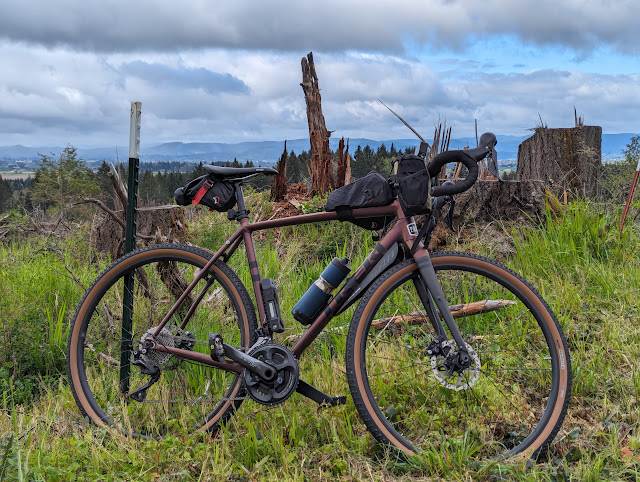Ain't Wastin' Time No More
 |
| How could anyone view this as a waste of time? |
One Man's Wasted Time Is Another's Opportunity to Ridicule
The quote itself is pretty universal; it works for anything that gives you pleasure. We all end up as worm food, so aren't our lives really just one continuous search for the best way to "waste" time? For some, scrapbooking is how they burn the remaining minutes they have for themselves, others brew beer during the precious grains of hourglass sand that they call their own, a select and fortunate few of us get to play in the incredible landscape of Utah when we aren't telling people to, "clear their cache and try it again", and amazingly, an unfortunate group of people seem to while their time destroying that precious Utah landscape (for reasons I'll speculate on in future blogs). In all those cases, the common thread is that, for each person partaking in said activity, 10 more are wondering, "Why the hell would you want to do that?!"With the last out of the World Series last Wednesday, I wrapped up another 6 months of my life "wasted" watching baseball. And before the end of the this month, I will start another 6 month interval of time "wasted" skiing. This blog is really the byproduct of that winter activity; a way for me to channel some of the passion stirred up by skiing into a creative outlet. But I'm talking about more than just face shots, first tracks and filtered photos. In a larger context, I'm talking about skiing as a means to access the wild, both internally and externally. As writer and environmentalist Jack Turner said:
...what has contributed most to our love of wild places, animals, plants -- and even, perhaps, to our love of wild nature, our sense of citizenship-- is the art, literature, myth and lore of nature.
--Jack Turner, from The Abstract Wild
Mountain Stoke is Not a New Thing
 |
| It was worth the extra 8 grams in my pack for this picture. |
Dogen used mountains, not as a metaphor for enlightenment, but part of enlightenment; actual actors in the process of our existence. And teaching that connection to nature, he raises some truly spiritual themes:
Although it is generally said that mountains belong to the countryside, actually, they belong to those who love them. When the mountains love their master, the wise and virtuous inevitably enter the mountains. When sages and wise ones live in the mountains, the mountains belong to them, trees and rocks flourish and abound, birds and beasts take on a mystical excellence. This is because the sages and wise ones have touched them with their virtue. We should realize that the mountains actually delight in the presence of wise ones and sages.I sincerely hope I fall into the category of the "wise ones and sages".
--Dogen, Rivers and Mountains Sutra
Does Anyone Want to Read What I Have to Say?
 |
| Here's my pretentious writer shot. |
I asked a good friend of mine, a talented and published author the very question posed in the header above this section. His answer was pretty prophetic, "You just can't care about that." So I'm going to not care and write. If you choose to follow me, I'll arc from the ephemeral to the concrete-- part sutra, part trail beta, part social activism. Yet, it's all done with the humility that I can't do justice to the real thing.
Clever talk--how can it compare
to the sounds of the river valley,
the form of the mountain?
--Loori, from The Way of Mountains and Rivers



Comments